Speakers
Keynote

Prof. Gilles Carbonnier - Vice President, external page International Committee of the Red Cross (ICRC)
Prof. Gilles Carbonnier is a Swiss development economist currently serving as the Vice-President of the International Committee of the Red Cross (ICRC). He is also a professor of development economics at the Graduate Institute of International and Development Studies in Geneva. His research focuses on international development with an emphasis on humanitarian economics, resource governance, and the political economy of war and peacebuilding. Throughout his career, Prof. Carbonnier has been instrumental in developing frameworks that bridge theoretical economic concepts with practical humanitarian interventions, particularly in fragile states and conflict-affected regions.

Prof. Rachel Glennerster - President of the external page Center for Global Development
Prof. Rachel Glennerster is a development economist currently serving as President of the Center for Global Development. She previously held the position of Chief Economist at the Foreign Commonwealth & Development Office (FCDO) and the Department for International Development in the UK. Her research focuses on using rigorous evidence to improve the effectiveness of anti-poverty programs. Throughout her career, Prof. Glennerster has been instrumental in advancing evidence-based policy making in international development, helping to establish evaluation as a cornerstone of effective development programming and policy design.
Confirmed Panelists
The list is continuously updated

Prof. Nathan Amanquah - Dean of Faculty of Engineering, external page Ashesi University
Prof. Nathan Amanquah is the Dean of the Faculty of Engineering at Ashesi University, Ghana. His research interests center on embedded machine learning applications, as well as technologies and protocols for wireless sensor networks. He has previously also worked in industry and is a registered chartered engineer with the Ghana Institution of Engineers (GhIE).

Dr. Marina Andrijevic - Research Scholar, external page International Institute for Applied Systems Analysis
Dr. Andrijevic is a research scholar at the Energy, Climate and Environment Program at the International Institute for Applied Systems Analysis (IIASA), Laxenburg, Austria. She has a background in economics, social science and climate change research and obtained her PhD at the Humboldt University in Berlin. For the past 4 years, her research at IIASA has been focusing on ways to better incorporate adaptation in integrated assessments of climate change. Dr. Andrijevic is particularly interested in understanding inequalities in societies capacities to adapt to climate change and how these capacities evolve on future timescales. Her research also focuses on scenarios of future socioeconomic development, and integration of insights from social science with a particular interest in governance and gender equality.
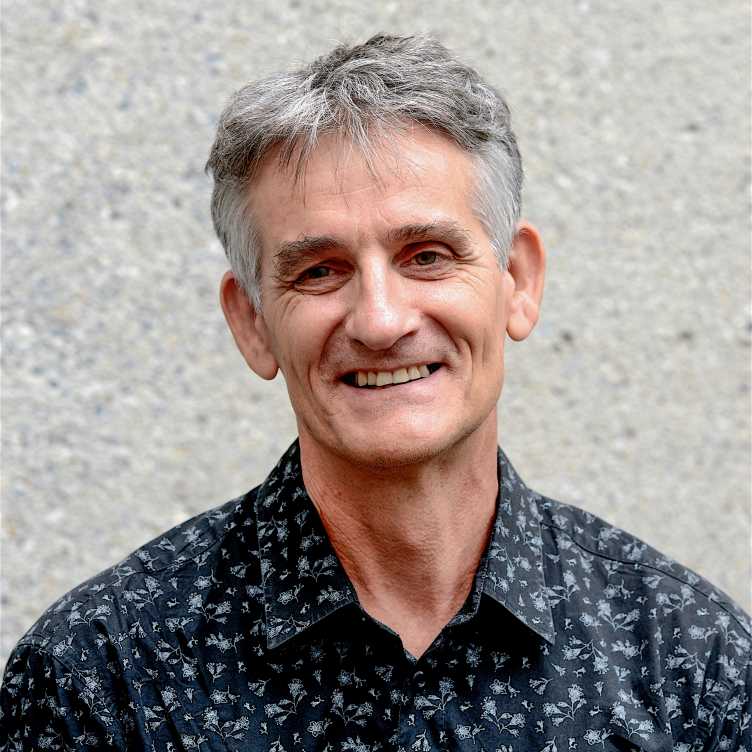
Dr. Fritz Brugger - Executive Director NADEL, ETH Zürich
Dr. Fritz Brugger is a renowned expert in the field of international cooperation and Executive Director of NADEL, ETH Zürich, where he leads research on natural resource governance and sustainable development. His work focuses on the intersection of resource extraction, economic development, and policy in developing countries, particularly examining how mining activities impact local communities. Dr. Brugger combines rigorous academic research with practical policy applications, collaborating with international organizations and governments to translate findings into effective strategies.
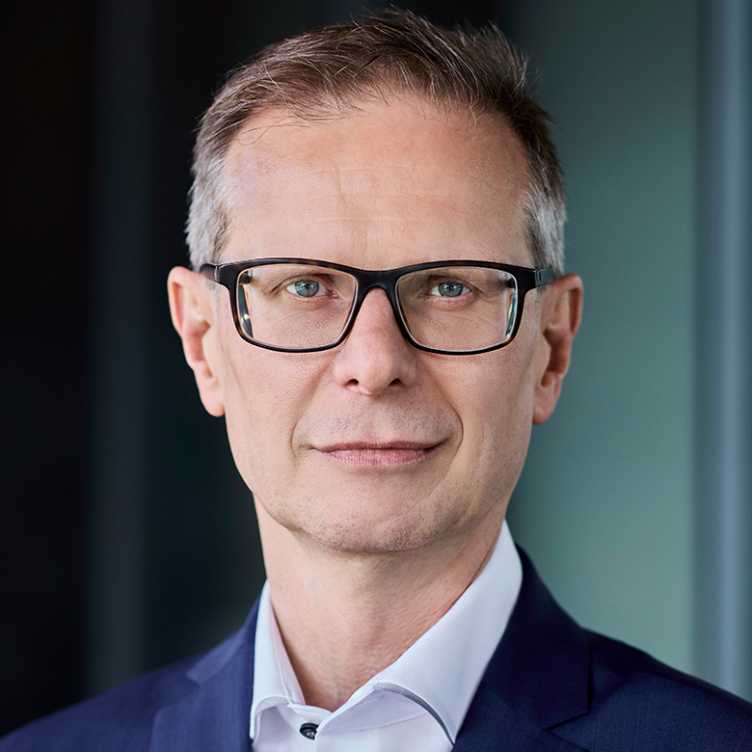
Prof. Günther Dissertori - Rector, ETH Zürich
Prof. Günther Dissertori is a distinguished physicist and the Rector of ETH Zürich. Prior to assuming this role, he was a Professor of Particle Physics at ETH Zurich and made significant contributions to experimental high-energy physics at CERN. As a researcher, he focused particularly on the Compact Muon Solenoid (CMS) experiment, which contributed to the landmark discovery of the Higgs boson in 2012. His dedication to education is evident through his impressive collection of "Golden Owl" awards - he was honored four times by students in his department for excellence in teaching, showcasing his commitment to cultivating the next generation of scientific talent.

Dr. Myriam Dunn Cavelty - Senior Scientist and Deputy for Research and Teaching, CSS, ETHZ
Myriam Dunn Cavelty is Senior Scientist and Deputy for Research and Teaching at the Center for Security Studies (CSS) at ETH Zurich. Her research explores how digital technologies shape political behaviour and societal values, and how governance arrangements for their use come into being. Her work bridges academic insight with practical relevance and she is actively engaged at the science-policy interface.

Dr. Jochen Ehmer - Head of Medicine & Public Health, external page SolidarMed
Jochen Ehmer, Head of Medicine & Public Health at SolidarMed, is a general medical practitioner with advanced training in public health, epidemiology, tropical medicine, and management. In his two decades of experience, he has led SolidarMed’s initiatives to strengthen health systems in Zambia, Mozambique, Tanzania, Lesotho, Zimbabwe, Kenya and Sierra Leone. He’s a strong advocate for equitable, locally‑led development and emphasizes scientific evaluation, long‑term impact, and collaborative partnerships. His work experience is both in stable and fragile contexts.
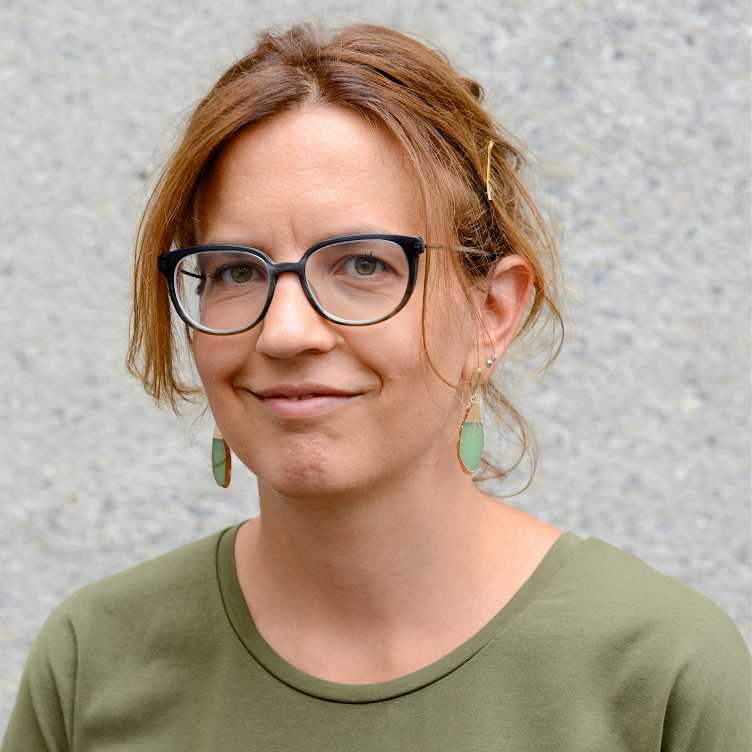
Prof. Isabel Günther – Professor for Development Economics, ETH Zurich, DEC, NADEL, ETH4D
Prof. Isabel Günther is Professor of Development Economics and Academic Director of NADEL at ETH Zürich. She had previously been Assistant Professor for Development Economics at ETH Zürich, research associate at the Faculty of Economics of the University of Göttingen and at the Harvard School of Public Health. Her main research interest is in empirical microeconomics with a particular focus on measurement of poverty and inequality, population economics, technologies for poverty reduction, and evidence-based policy making. Isabel Günther has carried out most of her research in Benin, Burkina Faso, Ghana, Kenya, Uganda, and South Africa.

Prof. Guillaume Habert - Professor of Sustainable Construction, Chair of Sustainable Construction, ETH Zürich
Prof. Guillaume Habert is Professor of Sustainable Construction at ETH Zürich. His work focuses on reducing the environmental impact of the construction industry through innovative approaches to material science and lifecycle assessment. He investigates alternative construction materials and circular economy principles to address the significant carbon footprint of conventional building practices. Through his research and teaching, Prof. Habert inspires new generations of engineers and architects to design more environmentally responsible structures while collaborating with industry partners to implement practical sustainable solutions.
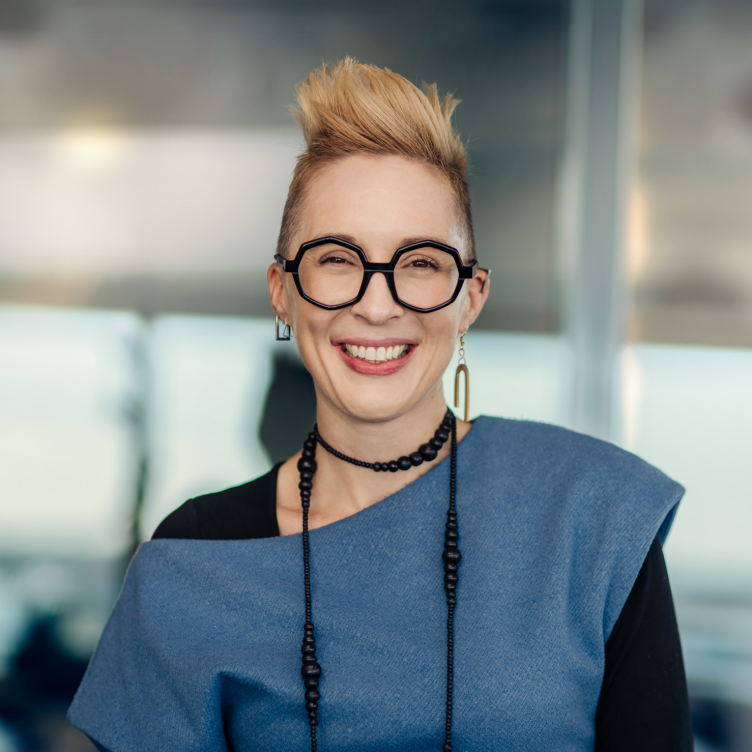
Prof. Mary-Anne Hartley - Director & Founder of external page LiGHT, EPFL & Harvard University
Prof. Mary-Anne “Annie” Hartley, leads the Laboratory for intelligent Global Health and Humanitarian Response Technologies (LiGHT). LiGHT is an international research group based jointly at Harvard (T.H. Chan School of Public Health, Ariadne Labs) and EPFL (School of Computer Science) with satellite presence at Ashoka University in India and the C4IR in Rwanda. Her team works with NGOs and humanitarian response organizations like Doctors Without Borders and the International Committee of the Red Cross to develop implementable AI-powered technology that provably improves healthcare in resource-limited settings and under-represented populations. In her free time, Annie is a passionate lover-of-street-dogs and medical doctor, and continues to work clinically in a volunteer capacity in her home country of South Africa.
Description following.
Description following.
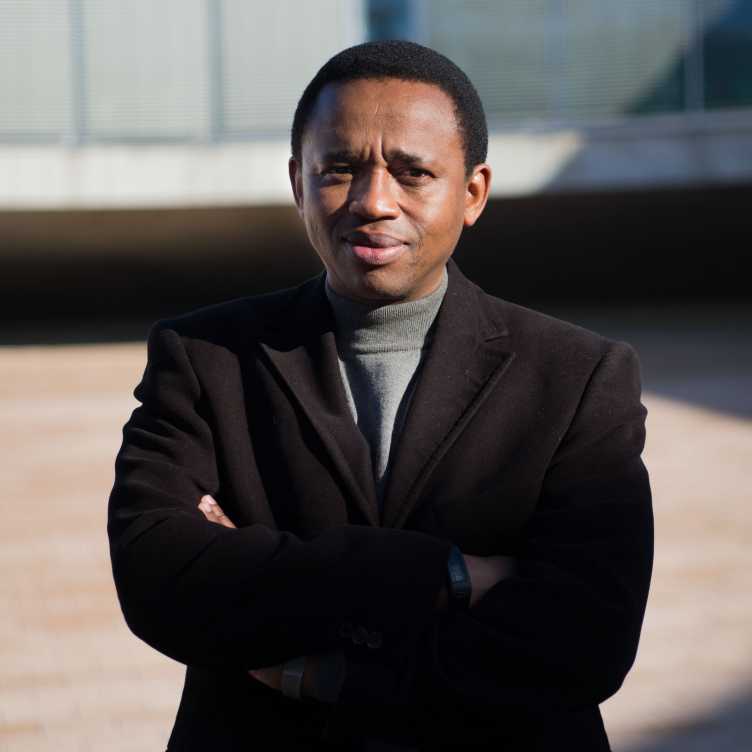
Dr. Solomzi Makohliso - Deputy Director of the external page EssentialTech Centre, EPFL
Dr. Solomzi Makohliso is a biomedical engineer and entrepreneur who serves as the Deputy Director of the EssentialTech Centre at EPFL. He specializes in developing medical technologies for resource-limited settings, with particular focus on sustainable innovations that address global health challenges. Dr. Makohliso has founded several biomedical startups and holds patents for innovations in medical diagnostics and materials science. His work bridges the gap between academic research and practical implementation, driving technologies that can make a meaningful impact in low and middle-income countries.

Dr. Zegeye Cherenet Mamo - Visiting Scientist, external page KIT & Associate Professor, external page University of Addis Ababa
Dr. Zegeye Cherenet Mamo is currently a Visiting Scientist at the chair of Sustainable Construction - Karlsruhe Institute of Technology (KIT), Germany and an Assistant Professor of Architectutre in Addis Ababa University - Ethiopia. He heads a research lab called Emerging Cities Lab (ECL-AA, AAU). He also runs his architecture office (OADUS) and a nonprofit organization (Allience for Building Communuties) in Addis Ababa.

Prof. Eva-Marie Meemken - Assistant Professor, Food Systems Economics and Policy Group, ETH
Eva-Marie Meemken is an assistant professor and Chair of ETH’s Food Systems Economics and Policy Group in the Department of Environmental Systems Science (D-USYS). She holds a PhD in agricultural economics from the University of Göttingen, and before joining ETH, she a postdoc at Cornell and Minnesota and an assistant professor at the University of Copenhagen. Her group conducts applied research that contributes to a better understanding of how to reduce the social footprint of food systems, focusing especially on labor in food systems and advancing the emergent field at the intersection of agricultural, labor, migration, and supply chain research through an inter- and transdisciplinary research approach, quantitative and qualitative methods, and data from around the world.

Rupa Mukerji - CEO, external page Skat Consulting
Rupa Mukerji is the CEO of SKAT Consulting, leading experts in Water, Energy, Building, and Governance services. With over three decades of experience across four continents, she specializes in climate change adaptation, sustainable development, and policy analysis. Previously, she served as founding Director of Advisory Services at HELVETAS Swiss Intercooperation and established the research consultancy TARU Leading Edge in India. Rupa holds a degree from Institute of Rural Management Anand (IRMA) with specialized education from Asian Institute of Technology and IMD Lausanne, applying her expertise in complex leadership environments throughout her career.

Dr. Marc Müller - Group leader, external page Coupled Human Water Systems, Eawag & Associate Research Pofessor, external page Institute for Water, Environment and Health (INWEH), United Nations University
Dr. Marc F. Müller leads a research group on Coupled Human Water Systems at Eawag’s Systems Analysis, Integrated Assessment and Modelling (SIAM) Department. With an educational background from EPFL, UC Berkeley, and Stanford University, he previously served as an Associate Professor at the University of Notre Dame (USA) where he maintains an affiliation. His research on the dynamics of Food and Water security in regions that are both data-scarce and rapidly changing was recognized by fellowships from various institutions, such as the US Department of State (Fulbright program) and the Swiss and US National Science Foundations, with an Early Career Faculty Award obtained in 2022. Dr. Müller actively seeks to bridge the divide between research and policy, recently contributing to high-level dialogues at venues including the United Nations Water Conference and the Food and Agriculture Organization.

Marina Nehrey - Reasearcher at the external page Department of Food System Sciences at the Research Institute of Organic Agriculture (external page FiBL, Switzerland)
Maryna Nehrey is a researcher at the Research Institute of Organic Agriculture (FiBL Switzerland) with expertise in food system resilience, agricultural sustainability, and economic policy. She focuses her research on the transformation of Ukrainian agriculture amid war and recovery, paying particular attention to long-term food security and structural challenges. Maryna has also conducted research into land degradation, food insecurity and the balance between export-oriented production and small-scale farming. Maryna is committed to promoting sustainable value creation and contributing to global economic solutions that support more resilient and equitable food systems.

Prof. Bradley Nelson - Professor of Robotics and Intelligent Systems, Multi-Scale Robotics Lab, ETH Zürich
Prof. Bradley Nelson is Professor of Robotics and Intelligent Systems at ETH Zürich. He has worked as an engineer at Honeywell and Motorola and served as a United States Peace Corps Volunteer in Botswana, Africa, before obtaining a Ph.D. in Robotics from Carnegie Mellon University in 1995. Prof. Nelson's primary research focus is on microrobotics and nanorobotics emphasizing applications in biology and medicine. At ETH Zürich, he leads the Multi-Scale Robotics Lab within the Institute of Robotics and Intelligent Systems. His pioneering work includes the development of microrobots for biomedical applications, particularly in targeted drug delivery and minimally invasive surgery.
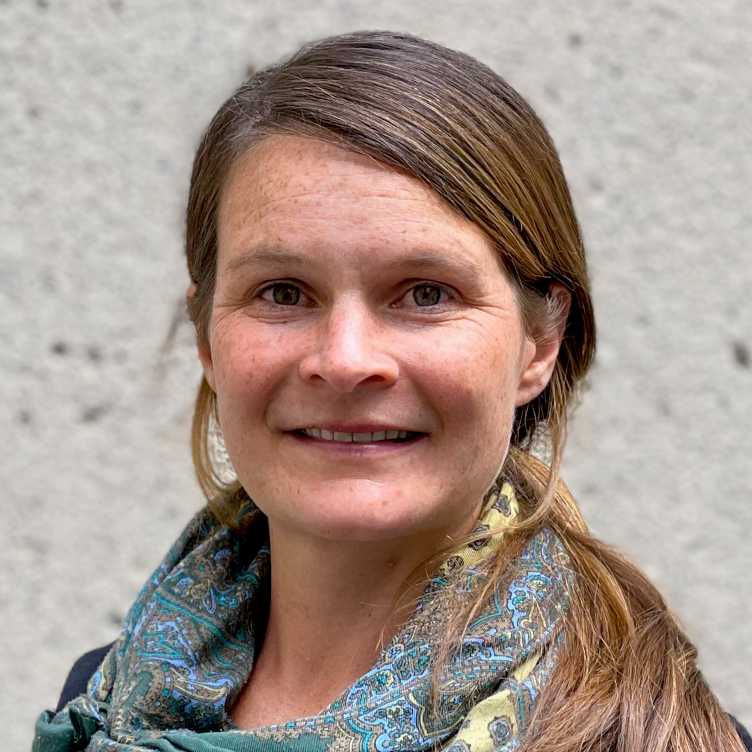
Jasmine Neve - Senior Lecturer at NADEL, ETH Zürich
Jasmine Neve is a senior lecturer at NADEL, ETH Zürich. Before joining NADEL she worked for the UN Migration Agency (IOM) in Mongolia, Foundation BASE in Switzerland, and the Department of Environment in Victoria, Australia. Her focus areas are climate change, climate finance, disaster risk reduction and environmental migration. She has a background in Climate System Science, Political Science, and International Relations.
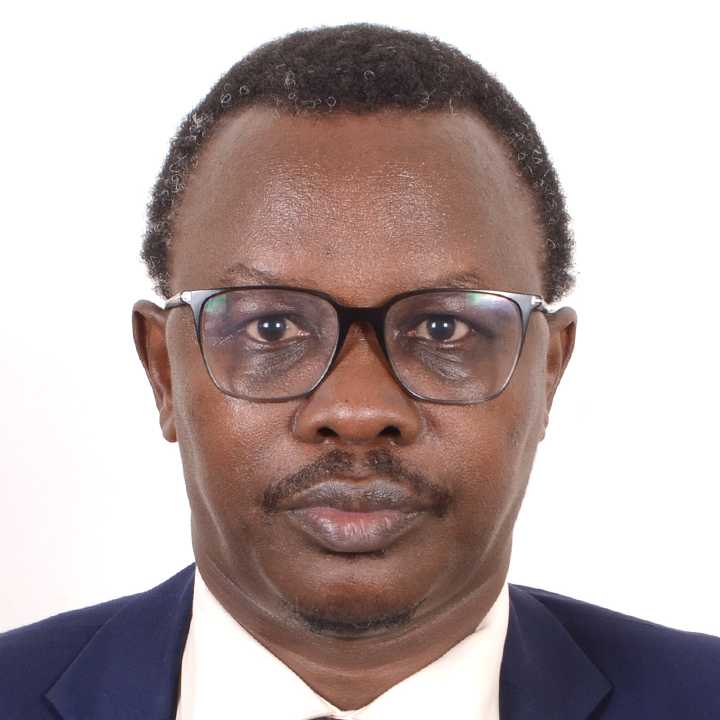
Prof. Charles Niwagaba - Professor of Civil and Environmental Engineering, external page Makerere University
Prof. Charles B. Niwagaba is a Civil and Environmental Engineering expert with 25 years of experience in research, teaching, and consultancy. His research focuses on circular economy approaches to waste management, including solid waste recycling, biogas production, black soldier fly larvae applications, greywater treatment and reuse, and faecal sludge management technologies. Prof. Niwagaba specializes in developing innovative solutions, encompassing engineering, social marketing, and financing models. He has led numerous projects funded by both the Ugandan government and international multilateral agencies, contributing significantly to environmental engineering solutions across East Africa.

Dr. Olasunkanmi Habeeb Okunola - Senior Associate, external page United Nations University
Dr. Olasunkanmi Habeeb Okunola has over a decade of expertise in disaster risk reduction and climate change adaptation, with experience in teaching, research, and policy development across more than 40 African countries, as well as in Germany, the Netherlands, and Canada. His work focuses on exploring adaptation within the context of resilience planning, examining both conventional and alternative approaches to disaster risk reduction and sustainability. He currently leads a continent-wide initiative assessing urban resilience in 50 African cities, generating baseline data, identifying best practices, and formulating strategic recommendations to inform policy and enhance disaster risk governance. His influence extends beyond academia, with media appearances and policy commentaries shaping discussions on climate adaptation, disaster risk reduction, and governance in Sub-Saharan Africa.
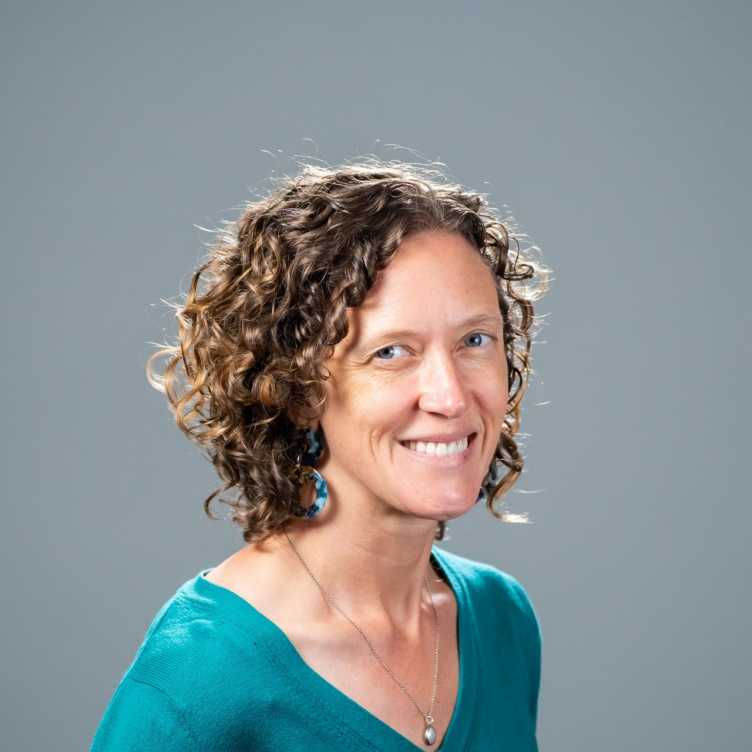
Prof. Amy Pickering - Professor of Environmental Engineering, external page Blum Center, UC Berkeley
Prof. Amy J. Pickering is jointly appointed in Civil and Environmental Engineering and and Distinguished Chair in Global Poverty and Economics at the Blum Center at UC Berkeley. Prof. Pickering’s lab designs and evaluates novel water and sanitation technologies and interventions to reduce infectious disease, with a focus on scalable products that can raise the quality of service in underserved communities. She has held positions as a senior fellow at Stanford University, an environmental engineer at the U.S. Environmental Protection Agency, and Fulbright Fellow in Malaysia. She is a Hellman Fellow, Chan Zuckerberg Biohub Investigator, and winner of the NSF early CAREER Award.

Dr. Christian Robin - Managing Director, external page Swiss Platform for Sustainable Cocoa (SWISSCO)
Dr. Christian Robin is the Managing Director of both the Swiss Platform for Sustainable Cocoa (SWISSCO) and the Swiss Platform for Sustainable Coffee (SSCP), driving multistakeholder initiatives that bundle and align the sustainability efforts in the Swiss cocoa and coffee value chains among members from industry, trade, retail, NGO, research and the federal government. Christian joined the sustainability platforms from the Swiss State Secretariat for Economic Affairs (SECO), where he served as Deputy Head Trade Promotion, leading SECO's engagement in the cocoa value chain as well the area of private, voluntary sustainability standards and labels. Christian has held a variety of positions across SECO in his 14 years, including as Head of Swiss Economic Development Cooperation in Peru. Before, Christian worked and lived as a consultant in different South American countries where he was engaged in economic development projects aimed at the promotion of sustainable trade.
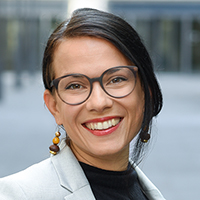
Dr. Adina Rom - Executive Director ETH4D, ETH Zürich
Dr. Adina Rom is a development economist and researcher leading innovative work on evidence-based policy implementation at ETH Zürich. Her research focuses on rigorous impact evaluation methodologies to assess development interventions in low and middle-income countries, particularly in areas of energy access and digital technologies. She directs the ETH for Development (ETH4D) initiative, bringing together technical expertise and social science perspectives to address global sustainability challenges. Through her collaborative work with implementing partners and policymakers, Dr. Rom helps bridge the gap between academic research and practical development solutions.

Dr. Eveline Sawadago/Compaoré - Senior Scientist, Institute for Environment and Agricultural Research (external page INERA), Burkina Faso
Dr. Eveline Sawadogo/Compaoré is a Senior Scientist at the Institut for Environment and Agricultural Research (INERA) in Burkina Faso. Her research topics include innovation systems (national, sectoral, organisational), approaches to the diffusion of innovations, social constructions of technology and innovation as applied to agriculture and the environment. She is currently working on understanding the most effective way for strengthening farmers' resilience in West Africa and on the analysis of pathways and impacts of new variety adoption and prioritisation and agroécology in West Africa. She is also addressing the issues of inequality of access to and use of agricultural innovations, including gender and diversity

Martina Schmidt - Focal Point Research for Development, external page Swiss Agency for Development and Cooperation
A social anthropologist by training, Martina Schmidt is currently working as the focal point for research in international cooperation at the Swiss Agency for Development and Cooperation (SDC). Throughout her career, guided by a deep commitment to human rights, she has dedicated herself to the promotion and protection of human rights norms and standards, as well as to conflict transformation and peacebuilding. Questions related to lasting societal impact grounded in robust scientific evidence have shaped her work throughout her career. Ms. Schmidt has worked extensively with civil society as well as within the Federal Administration, both in Switzerland and internationally. Well-acquainted with the multilateral UN system in Geneva and New York, she has consistently brought a human-centered approach to Switzerland’s policy initiatives. Prior to her work at the FDFA, she was engaged with various civil society organizations, focusing on the protection of human rights defenders and the rights of indigenous peoples.

Dr. Klaus Schönenberger - Director of the external page EssentialTech Centre, EPFL
Dr. Klaus Schönenberger is the founder and director of the EssentialTech Centre at EPFL, focusing on developing essential technologies for global challenges. With a background in engineering and international development, he leads initiatives to create sustainable technological solutions for resource-limited settings, particularly in healthcare and environmental sectors. His work bridges academic innovation with practical implementation, ensuring technologies are appropriate and affordable for low and middle-income countries. His leadership has established EssentialTech as a model for designing technologies that address critical needs in vulnerable communities.

Isabelle Sun - Senior Associate, external page elea
Isabelle Sun is a Senior Associate at elea, where she contributes to investment and value creation efforts with a regional focus on Latin America. She also leads the development of elea’s Climate and Livelihoods investment theme through a dedicated practice group. She joined elea in 2021, after gaining experience in management consulting. She holds degrees in Quantitative Economics and Finance and International Management from the University of St. Gallen.
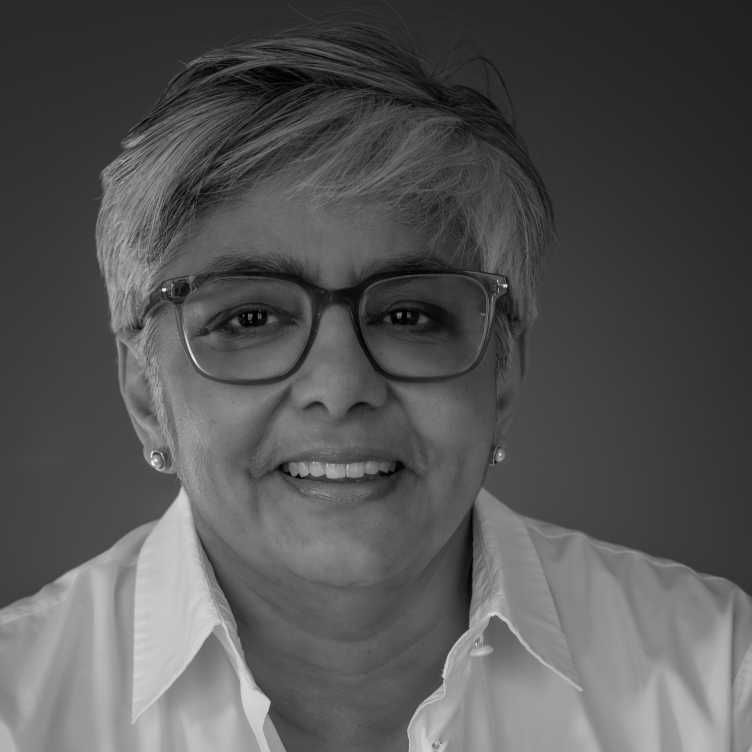
Dr. Bublu Thakur-Weigold - Executive-in-Residence, external page INSEAD Humanitarian Research Group
Dr. Bublu Thakur-Weigold helps humanitarian and commercial organizations to apply management science to improve performance. This expertise was built over 20 years working in industry, and 18 years at ETH where she co-founded the HumOSCM lab. She also advises governments on what economists refer to as Global Value Chains and Development. Her work focusies on creating more resilient and sustainable supply networks. Through her teaching and consulting activities, she prepares future leaders to implement responsible supply chain practices that balance economic, social, and environmental considerations.
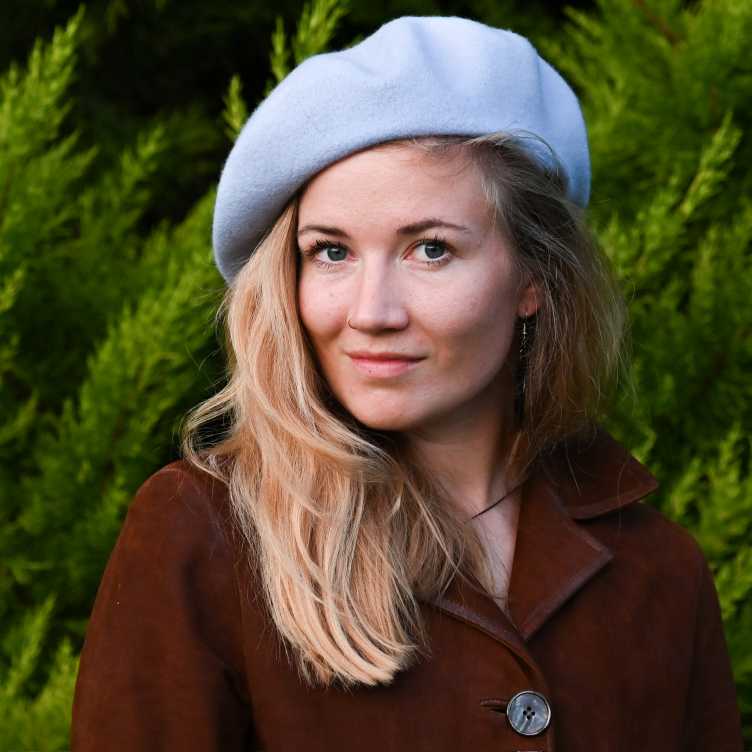
Dr. Mareike Thiedeitz - Postdoctoral Researcher, Physical Chemistry of Building Materials Group, ETH Zürich
Dr. Mareike Thiedeitz is a postdoctoral researcher specializing in rheology and supplementary cementitious materials, with a strong focus on multidisciplinary research and international collaborations. She co-organized several projects in the field of sustainable building, mainly in collaboration with research partners in Tanzania, Ghana and Turkey. In her postdoctoral fellowship, she investigates the performance assessment of agricultural waste ashes, emphasizing their application in emerging economies. Her approach combines physics-informed neural networks for performance prediction with a shift from capital-intensive material analysis to practical, decentralized methods, empowering local resource management.
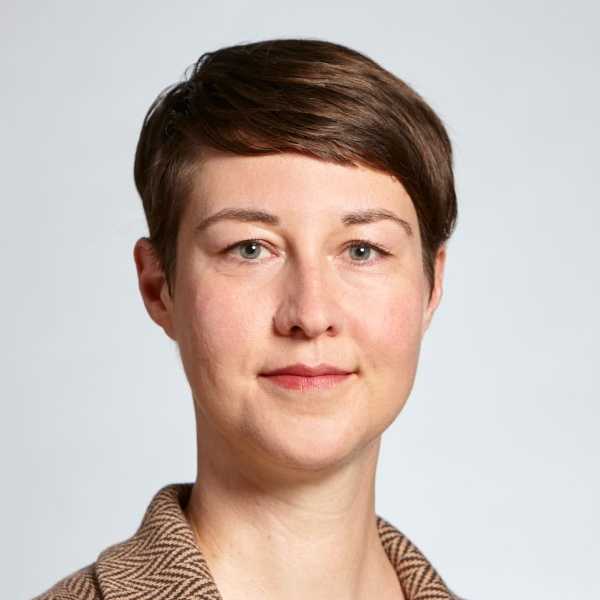
Prof. Elizabeth Tilley - Professor of Global Health Engineering, ETH Zürich
Prof. Elizabeth Tilley is an environmental engineer who specializes in innovative solutions for sustainable sanitation and waste management in low-income contexts. She holds a position as Associate Professor at the Department of Mechanical and Process Engineering and has conducted extensive research on ecological sanitation, resource recovery, and appropriate technologies for developing regions. Through her research, teaching, and collaborations with international organizations, Prof. Tilley develops practical interventions that improve public health outcomes while building local capacity to maintain sustainable sanitation systems in diverse global contexts.
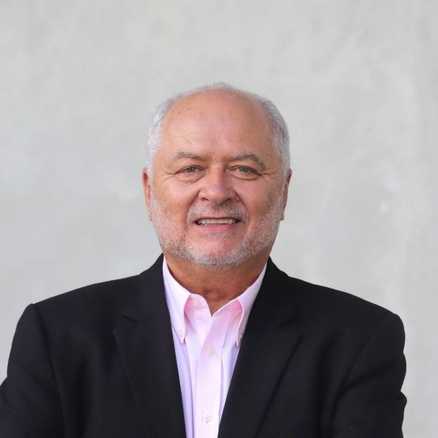
Prof. Romildo Toledo Filho - Executive Dir. of external page Science Park, Federal University of Rio de Janeiro
Prof. Romildo Toledo Filho is a civil engineer, materials scientist and Executive Director of the UFRJ Science Park, where he leads research on sustainable construction materials. He specializes in cement-based composites, fiber-reinforced concrete, and innovative eco-friendly building technologies with a focus on reducing environmental impact. He has made significant contributions to developing high-performance sustainable materials using natural fibers and recycled components, particularly relevant for construction in tropical climates. His work creates solutions that address both technical performance and environmental sustainability in the construction industry.
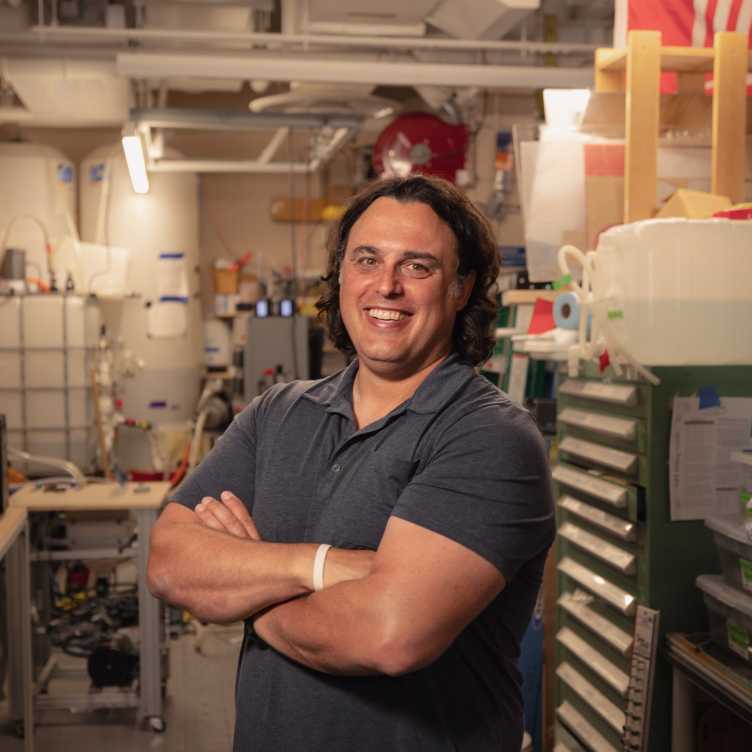
Prof. Amos Winter - Director external page K. Lisa Yang Global Engineering and Research Center, MIT
Prof. Amos Winter's research focuses on machine and product design for developing and emerging markets. He is the director of the K. Lisa Yang Global Engineering and Research (GEAR) Center, which strategically identifies compelling challenges and associated scientific knowledge gaps in resource-constrained communities, then addresses them through academic innovation to create and translate transformative technologies. One of his most notable innovations is the Leveraged Freedom Chair (LFC), an all-terrain wheelchair specifically designed for use in developing countries with rough terrain and limited infrastructure.

Dr. Kebene Wodajo - Oberassistentin & lecturer, Department of Humanities, Social and Political Sciences, ETH Zürich
Dr. Kebene Wodajo is a law & technology scholar, currently oberassistentin and lecturer at the Professorship for Ethics, Technology and Society ETH Zurich. Her research and teaching lie at the intersection of law/international (human rights) law, technology, and society, with a focus on questions of responsibility for structural injustice in the digital age. She draws on a range of interdisciplinary perspectives, including critical international law and technology, critical race theory, Business and Human Rights, and Afro-communitarian philosophy.

Dr. Domenico Zipoli - Senior Research Fellow & Project Coordinator, external page Geneva Human Rights Platform
Dr. Domenico Zipoli is a Senior Research Fellow and Project Coordinator at the Geneva Human Rights Platform, a project of the Geneva Academy of International Humanitarian Law and Human Rights. His research focuses on the question of connectivity among international human rights mechanisms and on national strategies for monitoring, implementation, and follow-up of international human rights obligations and recommendations. He is currently leading a research initiative aimed at advancing digital solutions to improve the efficiency of human rights and SDG monitoring and implementation, leveraging digital human rights tracking tools, databases and artificial intelligence. At the Geneva Human Rights Platform, Dr. Zipoli provides expert input to different Geneva-based international organizations, permanent missions and coordinates the organization and development of GHRP projects, events, workshops and training courses. Dr Zipoli holds a PhD in International Human Rights Law from the University of Oslo, a Master of Laws (LLM) in International Human Rights Law from Lund University and a Bachelor of Laws (LLB) from the University of Exeter.